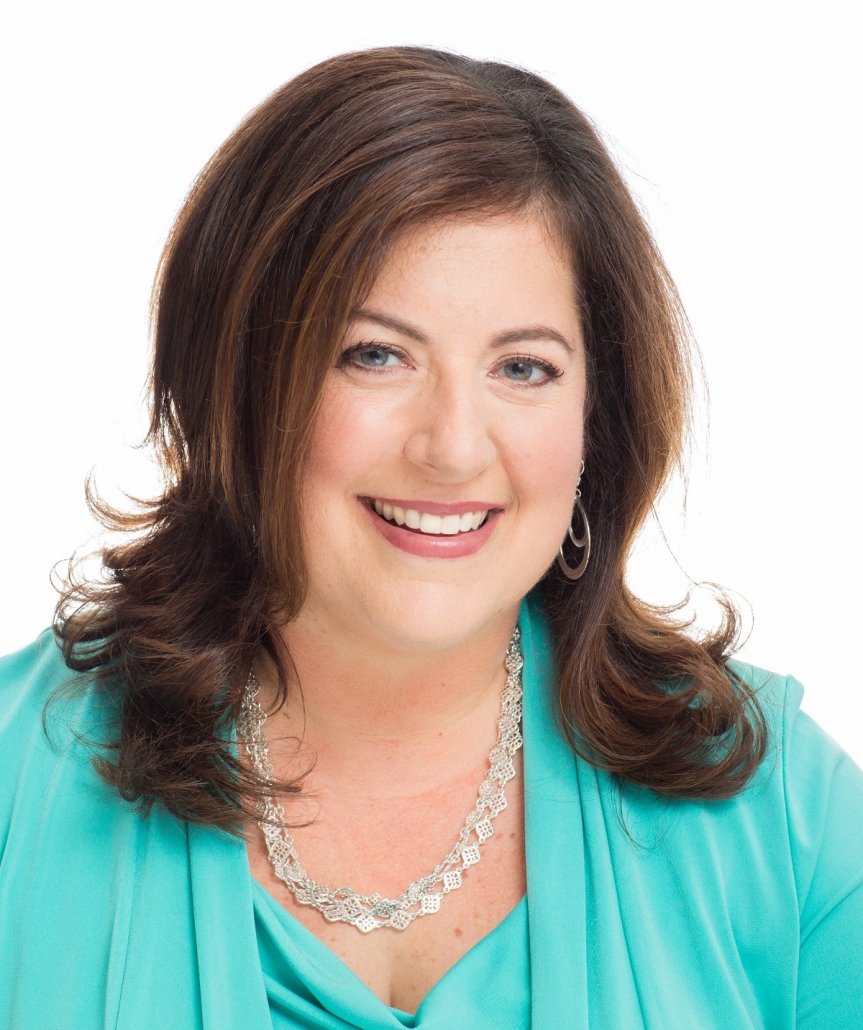Finding My Family’s French Heritage
Heidi Parsont founded TorchLight, one of the Washington D.C. area’s leading marketing and communications recruiting and staffing firms, in early 2012. She built the company from a startup in 2012 to a nearly $6 million-dollar company in 2018. Currently, she manages business development, growth strategy, and finance for the company. Heidi relocated to the Paris suburbs with her family in 2019. Parisianguide caught up with Heidi to discover why she decided to relocate to Paris and to hear about how she coped with an international family move whilst continuing to run her successful company.
Can you give us a little background about why you decided to move from Washington DC to Paris?
My mother-in-law grew up in Paris during WWII as a Jewish child. Forced to leave Paris, she and her sister were ‘hidden children’ in Chabanais, France, for more than six months. Fortunately, along with her parents, she and her sister survived. The family emigrated to the US in 1949 to start their new lives. My husband has dual nationality – French/American – because his mother is French. Our children, 12 and 13, also have dual nationality. We have always wanted our children to better understand and appreciate their heritage and their grandmother, who is now 85. We decided that the middle school years would be a good time to relocate as most people do not speak highly of those times. I own a business in the US that operates 100% remotely so I can work anywhere. Although the children love their grandmother very much and wanted to understand their own heritage, they were very upset about moving to a new country and starting over.
Why did you choose the western suburbs as your home?
Originally, when we first discussed the idea, we wanted to live in Paris. But the kids revolted and once we saw the rental prices, so did we! In addition, we live in the D.C. suburbs so it was an easier transition to the suburbs than central Paris. We are all glad that we chose the suburbs as it’s easy to get around with public transport but we can also still have a car which gives us some flexibility. It’s closer to their school and life isn’t all that different towhat it was, at least before COVID.
What were the most difficult things about moving to France?
Since we were moving rather than relocating with a company, some of the ‘simple’ things were the hardest. We needed to rent a place and were sponsoring ourselves – we didn’t have the ‘dossier’ that potential landlords wanted. We also needed to open a bank account as a first step to renting a house. It was a bit of a chicken and egg game as we couldn’t get one without the other. We hired a relocation company to help us open the bank account. The rental property proved a bit more difficult but we finally found a landlord willing to take a chance on us. However, in order to approve the rental, we had to provide a large deposit which was very difficult. The relocation company helped us negotiate the lease, for a fee, once we were here, and it all worked out.
How would you compare your Paris neighbourhood to your area in Washington, DC?
The food choices are much better in Croissy and the surrounding areas with all the markets and specialty shops like the butcher, bakeries, cheese shops, etc. Our access to the city (Paris/D.C.) is similar and takes a similar amount of time with public transport. Croissy is 10% of the size of our hometown of Alexandria, VA (at 110,000 ppl). Due to its size, we had more activities, events, sports, and restaurants in Alexandria. However, I like living in a small town and it’s nice that people in town recognize me even though we’ve been here only a year. The dog also really likes walking along the Seine without the crowds. We have a river in the D.C. area but it’s not close to our house and the path along the river is always crowded. In Croissy, many of the houses, including ours, are gated with high fences. This is very different from our neighbourhood in Alexandria or the entire D.C. metro area where fences are much lower and there is less privacy. We also do not park on curbs in the D.C. area (or anywhere in the US for that matter)! We have driveways and curbside parking.

What are some of the Parisian things you fell in love with?
I want to answer ‘everything’ because I love most things about living in France. I like being so close to my favourite city. I like being able to easily see some of the world’s most famous art at a moment’s notice and take walking tours through interesting neighbourhoods. I like being able to eat falafel at L’As du Fallafel. I like walking along the Seine in Paris and watching the people kissing on the bridges. I like that we can take the train five stops and be in central Paris. I also am so thankful for pain aux raisins and baguettes! I smile every time I put a euro in a shopping cart/trolley because then people always return the carts to their proper places!
What were the main difficulties you encountered in the adjustment process? How did you overcome these?
As with many things in France, things never go as smoothly as you hope. I’m not used to people not wanting to help when it comes to customer service. In the US, customer service is a top priority so it has been frustrating. Air France lost one of my bags at CDG and despite having Platinum level status, they didn’t care. I called them 4 days in a row with the same response before Delta intervened to get them to call me and let me know they found my bag. I’ve had to be more patient and realize that things just don’t happen as quickly and sometimes you need to do something 3-4 times before it is done. Also, there is much more bureaucracy here. It’s harder to do menial tasks like mail a letter. Post offices close a lot and I often find myself unable to buy a stamp. I’ve also noticed that websites in the US run much more efficiently and have a better user interface than in France. I’ve had to use Google translate to help me and ask for help from French speaking people when I still can’t figure it out. And the translation often leads to challenges actually buying or booking the things I want!
How did you manage running a business in the US remotely?
It was actually very easy until COVID. I travelled back and forth every 1-2 months for a week but since we were fully remote before COVID, I was able to keep up with my staff and clients. I work East Coast hours so I’m working when they are. It’s more difficult now with COVID because I can’t travel as freely but also now everyone is remote and using Zoom so no one cares where I am so that is easier. I never have to miss a meeting again!
How did you deal with the language barrier?
Fortunately, my husband is fluent or else we wouldn’t have been able to move here. He took care of all the administrative issues including successfully getting our carte vitale in a record 4 months! I had taken 9 years of French in school and college but I was very rusty so I’ve spent months going to a weekly French speaking group and taking a weekly private lesson. I’m improving and understand a lot but I’m not quite there. I’m proud to say that at least I’m at A2 so I’m no longer a beginner!

Have you picked up any Parisian habits you will take on into your Washington life?
Probably the most important thing I’ve learned is to slow down and enjoy life. In the US, I feel like we are constantly running from activity to activity. But France is slower, and with everything closed on Sundays, we are almost forced to take a pause. We are now very accustomed to Sunday meals together and enjoy the opportunity to get out and see the sights or visit friends. It’s a welcome change.
What touristy things did you enjoy most about living in France?
I love being in the middle of Europe and being able to travel at a moment’s notice. Prior to COVID, we were able to see so many new cities and places. I also really like the people – when you are outside of Paris, it is easier to get to know your neighbours, especially when your husband speaks French!
What would your main advice be to readers contemplating a Paris move?
Give yourself as much time as you can to plan. And if you don’t have time, hire a relocation specialist to help. We decided to use a relo company for some very specific things that we knew would be more complicated – opening a bank account, negotiating the lease, and setting up our utilities. This saved us so much time and so many headaches. We were able to enjoy things sooner because we weren’t fighting each of these. Also, if you don’t know French, try to take some basic lessons so that you at least have a foundation. It just helps. It really does. And most importantly, plan for the unexpected. That’s a constant.
- Finding My Family’s French Heritage - November 11, 2020
- A Cross-Channel Virus - April 7, 2020





Leave a Reply
Want to join the discussion?Feel free to contribute!